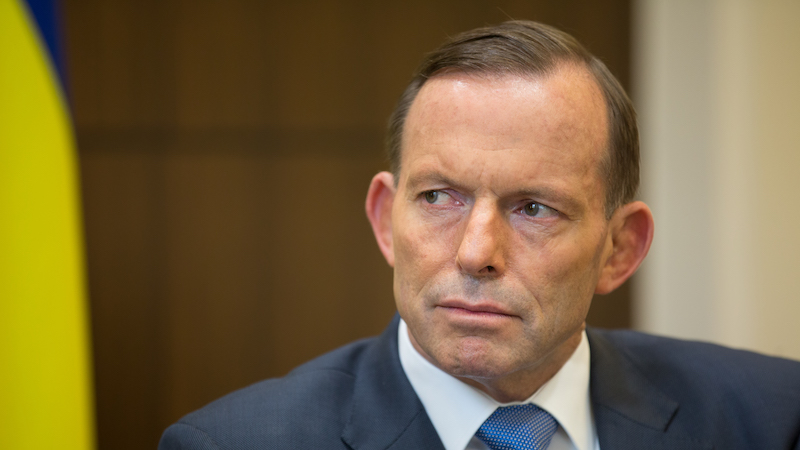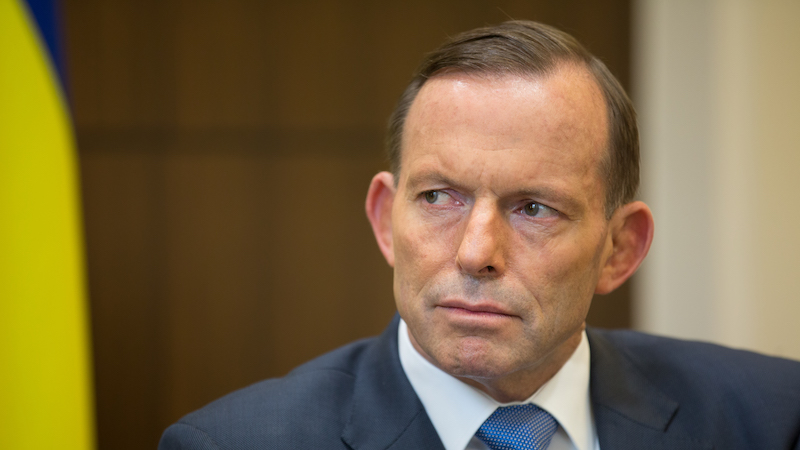The Indo-Pacific area is essential for global economic growth and safety. Indeed, it will serve as the focal point for both international economic advancement and competition among major powers in the coming years. As Robert Kaplan expressed in his 2010 publication, Monsoon: The Indian Ocean and the Future of American Power, “[I]n the twenty-first century, […]


The Indo-Pacific area is essential for global economic growth and safety. Indeed, it will serve as the focal point for both international economic advancement and competition among major powers in the coming years.
As Robert Kaplan expressed in his 2010 publication, Monsoon: The Indian Ocean and the Future of American Power, “[I]n the twenty-first century, the Indian Ocean offers a dramatically different landscape compared to Europe and the North Atlantic of the twentieth century.”
While I was prime minister of Australia from 2018 to 2022, the geopolitical situation in the region became significantly more intense. Rising tensions regarding the South China Sea and Taiwan, heightened concerns over supply chain dependencies, and the necessity of reviving economies following the pandemic were among the primary challenges. Naturally, the ascent of Chinese economic and military capabilities over the past two decades has largely driven this shift.
To the members of the Dallas Committee on Foreign Relations, to whom I’ll be speaking on Thursday, I aspire to share insights from my direct involvement as a policymaker and business figure in this vital region.
Having held senior political leadership positions for many years, I have observed transitions across various U.S. administrations. No matter the outcome of the latest election, the alliance between Australia and the U.S. continues to be fundamental for both nations.
The U.S. and Australia have been steadfast allies since World War II. Troops from America and Australia have fought side by side in every significant conflict since 1941, including Vietnam. The ongoing strength of our relationship is crucial and essential for global stability.
The formation of the “Quad” alliance among the democratic nations of India, Japan, Australia, and the U.S. has been a noteworthy advancement in the developing security landscape of the Indo-Pacific. I was proud to advocate for the ongoing development of this significant coalition, which has coordinated joint military operations and other cooperative initiatives aimed at countering the escalating economic and military influence of China.
In 2021, amidst the pandemic, my office declared that the leaders of the Quad would convene for their first meeting virtually to further the “Asian Arc of Democracy.” Technological progress is facilitating enhanced connections, despite the challenges posed by adversaries.
Moreover, additional regional partnerships and agreements have emerged, marking significant progress in global security cooperation between the U.S. and other prominent democracies. As prime minister, I reinforced security ties among Australia, the U.K., and the U.S. through the AUKUS trilateral defense pact. This agreement, among other elements, will allow Australia to access nuclear submarine technology for the first time, marking a pivotal development in enhancing collaboration among three traditional allies, which will strengthen deterrence in the Indo-Pacific.
Throughout the COVID-19 pandemic, Australia exhibited one of the most successful public health and economic responses. Compared to the G-7 and other developed economies, our economy thrived. Australia retained a AAA credit rating from global agencies, one of only nine countries worldwide to achieve this. Sustaining and projecting economic and financial robustness is crucial for reinforcing the appeal and resilience of democracies against the encroachment of aggressive autocratic regimes globally.
We in Australia, as well as globally, recognize that Texas has emerged as an economic and technological force by creating one of the world’s most conducive business landscapes. Within this framework, Dallas-Fort Worth stands out as a dynamic business hub. Its aerospace, defense, energy, and advanced manufacturing sectors consistently draw talent, investment, and enterprises from across the U.S. and beyond, including from Australia.
In my new capacity as chairman of Space Centre Australia, I aim to see the U.S., and notably Texas, leverage Australia’s advanced technological framework, regulatory reliability, and thriving space industry.
This highlights the significance of enhancing and deepening collaborations amid technological advancements in a post-pandemic context. Future economic growth on a global scale will significantly hinge on Asia. Nevertheless, direct investment and bilateral trading between the U.S. and Australia act as crucial links connecting the East and West.
The U.S. ranks as a leading investment destination for Australian businesses, and Australians increasingly regard the relationship with the U.S. as highly significant. Australia and Texas, particularly Dallas-Fort Worth, are inherently suited as business partners. I look forward, during my visit, not only to engaging with the esteemed members of the Dallas Committee on Foreign Relations but also to picking up on new opportunities that further our economic partnership.
Scott Morrison served as Australia’s prime minister from 2018 to 2022. He will address the Dallas Committee on Foreign Relations on Dec. 12.
We invite your feedback in a letter to the editor. Please review the guidelines and submit your letter here. If you encounter issues with the form, send your submission via email to letters@dallasnews.com














